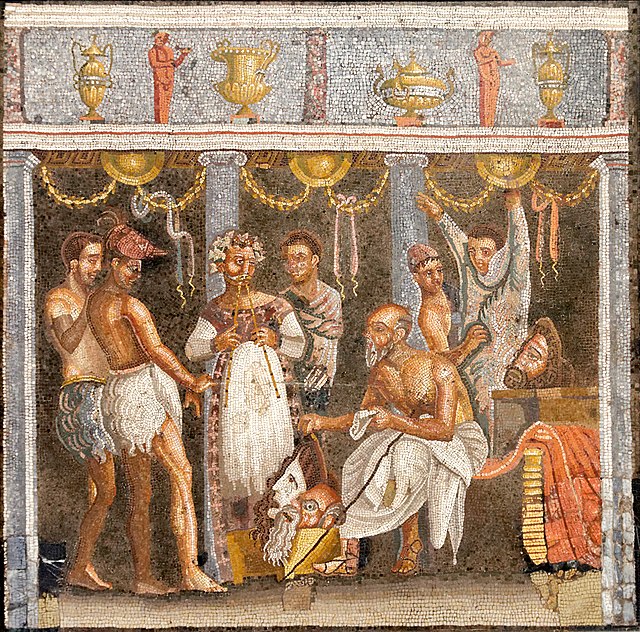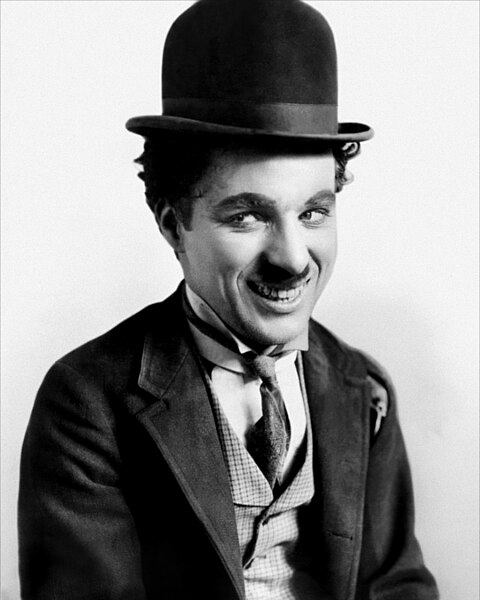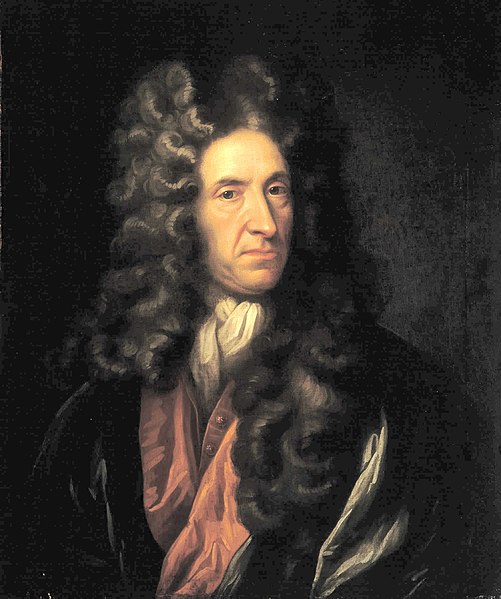Celebrity is a condition of fame and broad public recognition of a person or group as a result of the attention given to them by mass media. An individual may attain a celebrity status from having great wealth, their participation in sports or the entertainment industry, their position as a political figure, or even from their connection to another celebrity. 'Celebrity' usually implies a favorable public image, as opposed to the neutrals 'famous' or 'notable', or the negatives 'infamous' and 'notorious'.
Choregos and theater actors, from the House of the Tragic Poet, Pompeii, Italy. Naples National Archeological Museum.
Charles Dickens was an international literary celebrity by the mid 19th century. The reaction at his public readings, where "people sometimes fainted at his shows", have been compared to those of a contemporary pop star.
Charlie Chaplin as the Tramp in 1915
LeBron James has had endorsement contracts with AT&T, The Coca-Cola Company, Crypto.com, General Motors, PepsiCo, McDonald's, Nike, Upper Deck, Walmart, and State Farm.
Henry Sacheverell was an English high church Anglican clergyman who achieved nationwide fame in 1709 after preaching an incendiary 5 November sermon. He was subsequently impeached by the House of Commons and though he was found guilty, his light punishment was seen as a vindication and he became a popular figure in the country, contributing to the Tories' landslide victory at the general election of 1710.
Portrait by Thomas Gibson, 1710
Figure in Staffordshire pottery, c. 1745, a sign of his lasting popularity
John Hough, Bishop of Oxford, ordained Sacheverell deacon
Daniel Defoe dubbed Sacheverell "the bloody flag officer" and based the style of his The Shortest Way with the Dissenters on one of Sacheverell's sermons.








